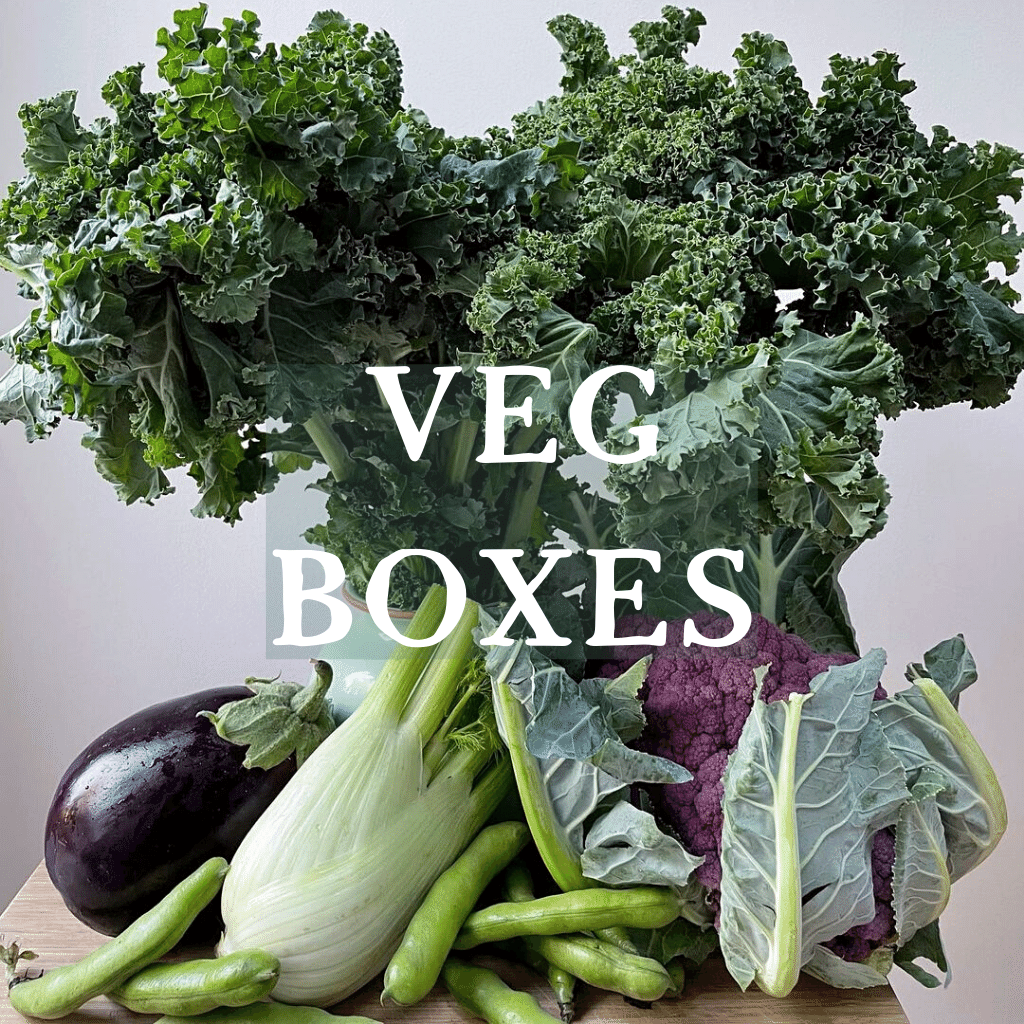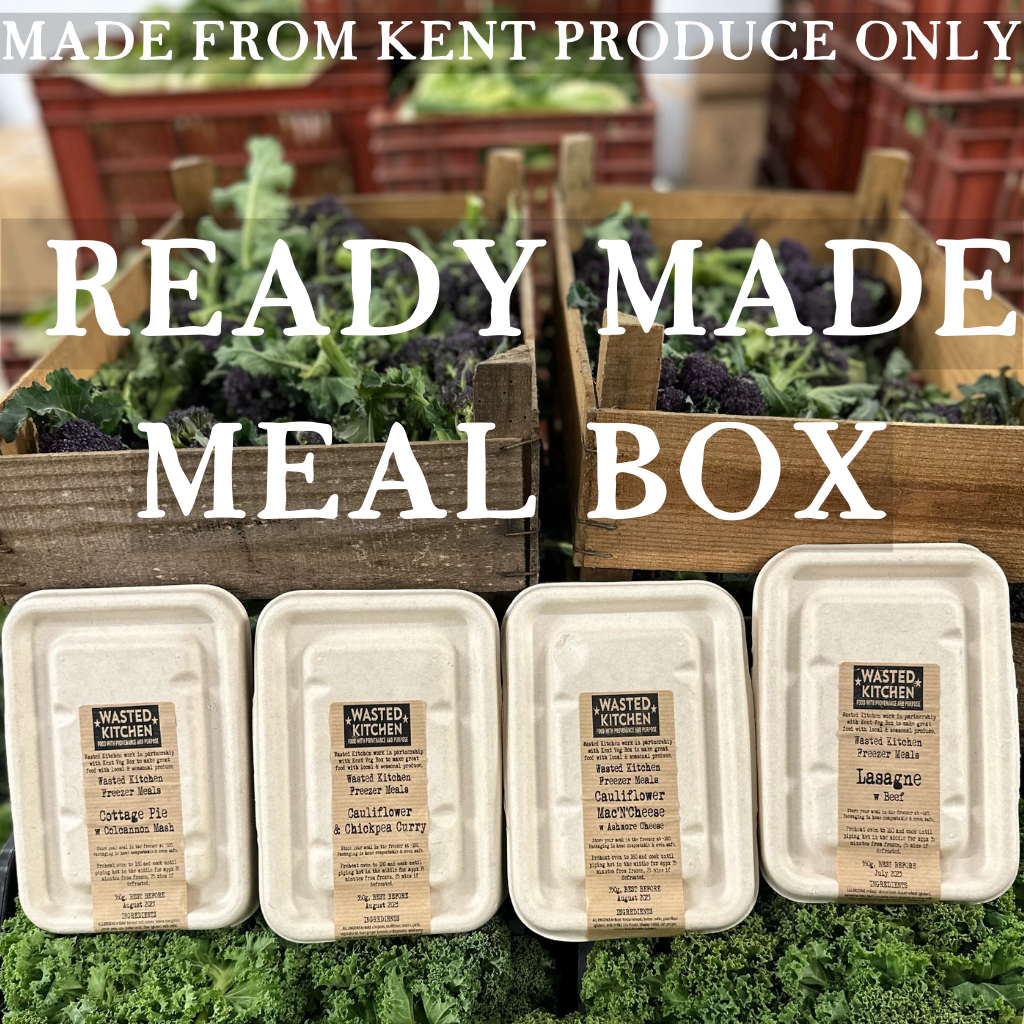Food Miles are so important for the reduction of emissions, as Steve explains HERE.
But it is more than just emissions.
Local food, and of course for us that means Kent food, is beneficial in so many other ways, all of which seems to be just common sense when you think about it.
Here’s further reasons you should be going local:
-
Doing your bit.
We don't think there's much doubt that it's getting warmer. As to why, let's just say it's debatable. But regardless of cause it’s common sense to reduce pollution wherever you can. From plastic to CO2 is just sensible to aim downwards.
Buying local food, using smaller producers and shorter supply lines, means less emissions, less chemicals and less pollution.
There is not one great change we can make that will solve this. Just as with making the pyramids a myriad of small actions can add to significant change. Look at the impact of refusing to buy single use plastic bags. Eventually the government and the supermarkets acted.
The counter argument goes “What about China and India?”. Ok, but that’s not an excuse for those that can to do the right thing.
Those of us that can do the right thing should do the right thing.
-
The Local Economy
There’s tonnes of evidence to support the idea spending your money locally helps the local economy.
One such study (Link), completed some time ago, by the New Economics Foundation found that spending money locally could have up to FIVE times the impact of spending out of area.
If you spent £15 on one of our boxes you are adding up to £75 to the local economy. This is so high because we spend such a high proportion with Kent producers.
We have calculated the annually our customers spent with us is worth nearly £3,000,000 to the local economy.
If we followed most other veg box schemes and only spent 50% on local producers that annual figure would drop to £1,000,000. Dropping the spend locally by 50% results in 66.6% reduction in value to the local economy.
With most box schemes sourcing more than 50% of their produce outside of their local area the impact is even more dramatic.
This is why we only source from Kent.
-
Value for Money
From the start we'd like to make clear we are not as cheap as the supermarkets. But there is a difference between cost and value for money. There is an old saying “pay cheap, pay twice” and this is certainly true with supermarkets.
The reality is that to go cheap you must compromise. These compromises affect the producer shelf life, product quality, the environment, in fact the whole food chain. Just to drive the price down.
All of these costs can't be measured in £s but they're cost we do not think is worth paying.
Using a service such as ours means that you may pay more in £s but much less when looking at the impact on the whole food chain.
The advantages, as we see them, that add value are:
- Home delivery. No costly trips to busy supermarkets to buy the same cheap veg you bought last time. No hidden charges, pay for your box and that's it.
- Packaging. No masses of plastic to keep everything sterile during long journeys to get to the shop. Our packaging is minimal, returnable, reusable.
- Shelf life. As our produce is cropped within a few days of delivery it keeps well in your fridge. No more buying veg that is yellowed within a day or two of opening.
- Pack size. As we don't do BOGOFFs or other ‘multiple’ offers you won't buy more than you need Just to get a cheap price, and end up binning it anyway.
- Our boxes are designed so that you get just the right amount of produce. As you can skip or amend your delivery at any point; you can truly control your supply to match your consumption.
All the above show that our service is designed to make sure you get the best value for your money rather than the most food for your money. In taking this approach you will be adding value to the whole food chain in Kent.
-
Taste
Why does local food taste better?
Firstly it's because of the short supply lines. As food is cropped its taste, and its nutritional value, start to deteriorate. The longer it takes to get your plate the worse it gets.
It is also true that small local growers pick varieties for the best taste. They might not look the best, they might not keep the best but that's OK because the taste is the key.
Supermarkets demand growers to use varieties that have high yield, look the same, and can survive the long journey to the shelf. All of these factors are about cost not taste.
It's the difference between a traditional farm and an industrial process.



